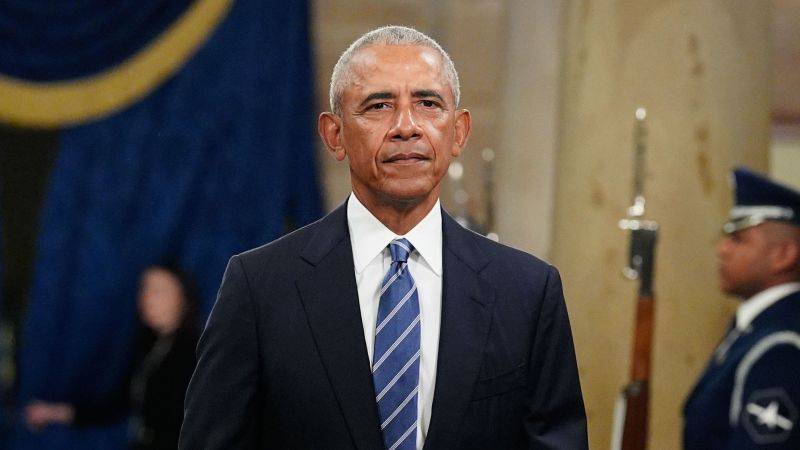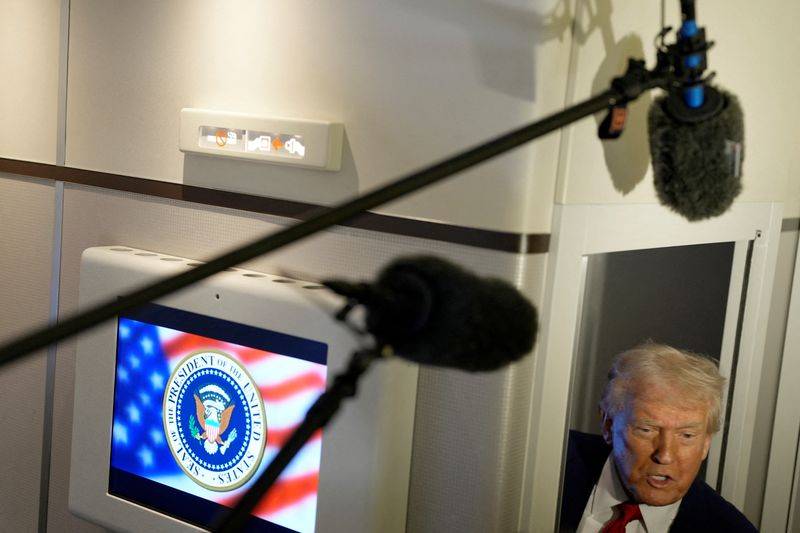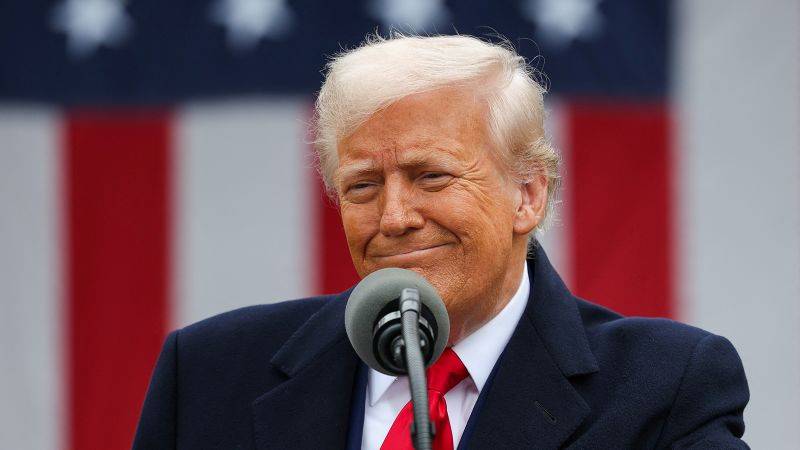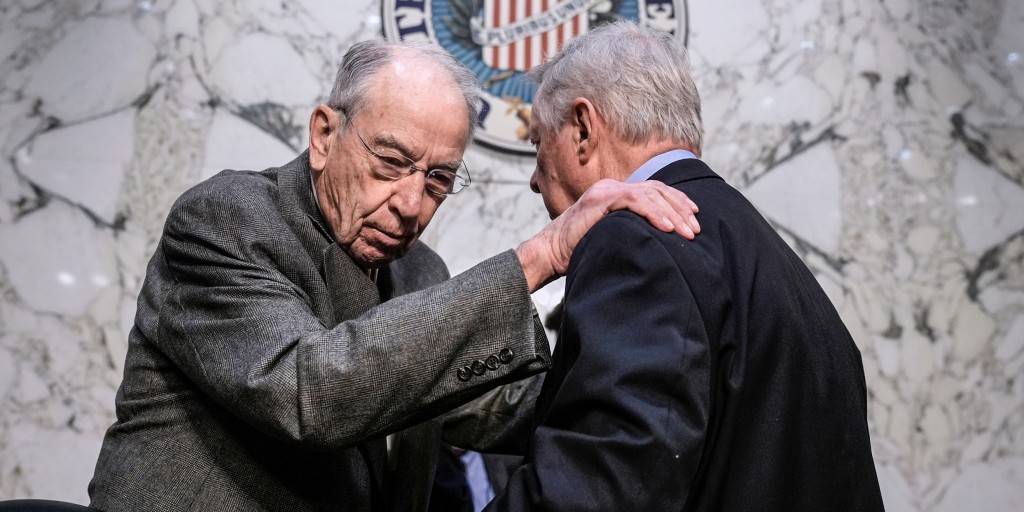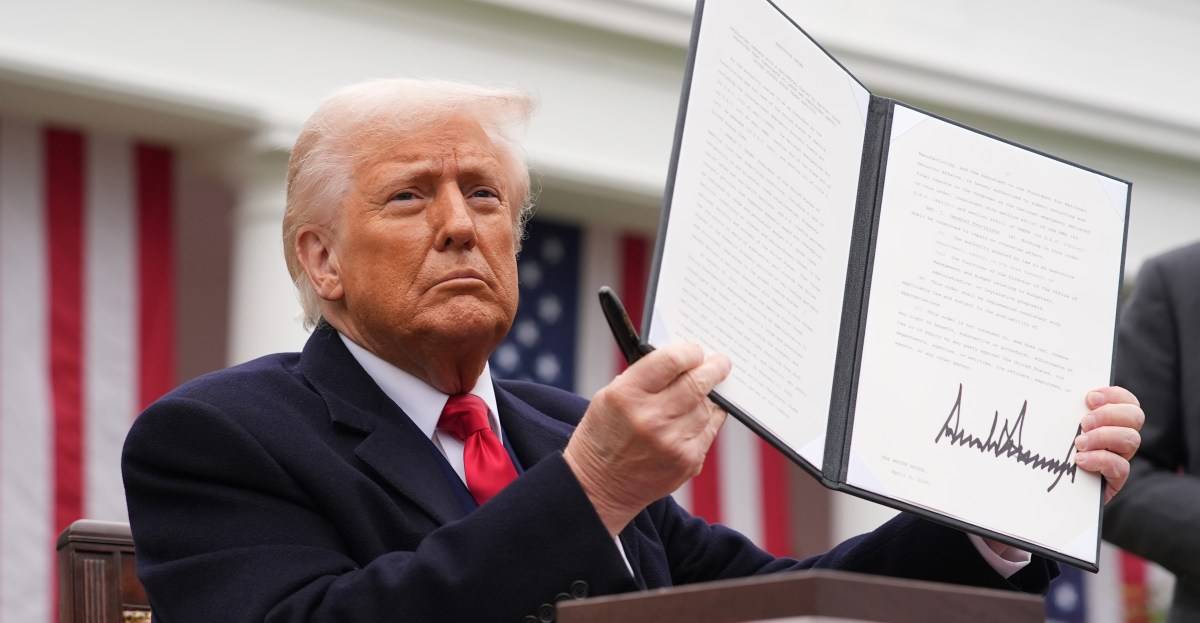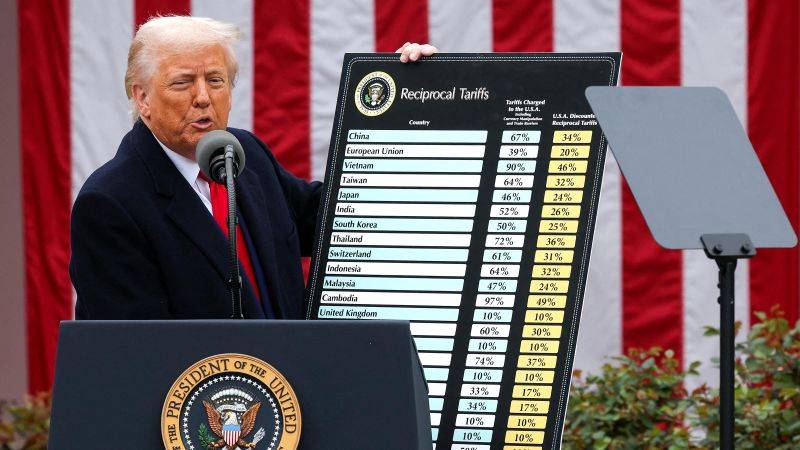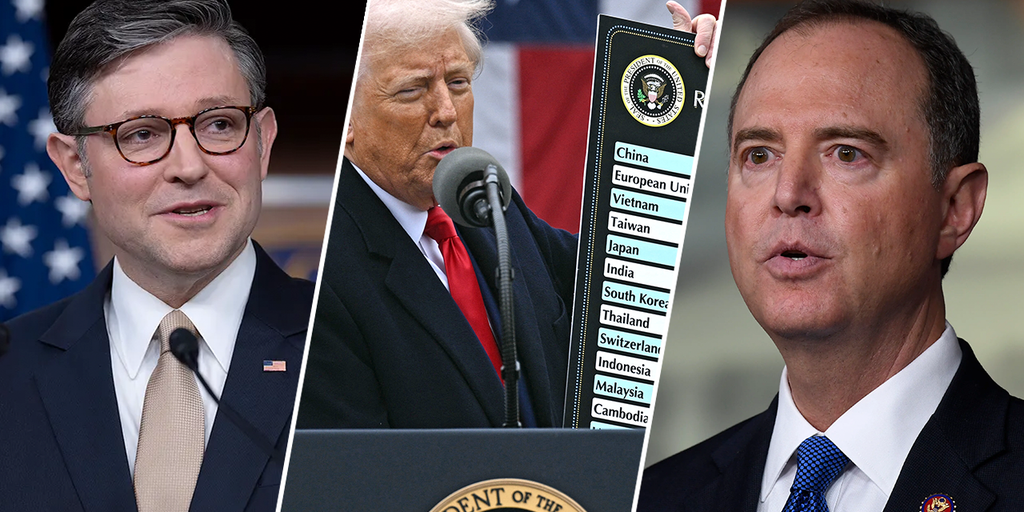Kamala Harris’s Evolving Stance on Cryptocurrency Policy
As the 2024 U.S. presidential election approaches, Vice President Kamala Harris has made significant strides in addressing cryptocurrency policy, a move that could influence both her campaign and the broader financial landscape. Harris’s stance on crypto regulation marks a critical shift, particularly as it aligns with her economic inclusivity goals and addresses growing concerns within the digital asset community.
Protecting Investors and Promoting Financial Inclusion
Harris recently unveiled plans to establish a regulatory framework for cryptocurrencies, highlighting the importance of protecting investors, especially among Black American communities, where over 20% have engaged with digital assets [1][3]. This initiative is part of her “Opportunity Agenda for Black Men,” which seeks to enhance financial inclusion and safeguard investments in the crypto sector [5]. By supporting innovative technologies while ensuring consumer protection, Harris aims to create an environment where digital assets can contribute positively to economic growth and financial equity.
Balancing Party Divides on Crypto Regulation
The Democrats have been divided over cryptocurrency policies, with key figures like Senate Majority Leader Chuck Schumer and Sen. Elizabeth Warren holding contrasting views [4]. Harris’s balanced approach has managed to keep both pro-crypto and skeptical Democrats at bay, signaling a deliberate effort to build a broad base of support [4]. Despite the lack of detailed policy specifics, her commitment to crypto regulation is seen as a strategic move to appeal to younger voters and crypto enthusiasts [2].
Cryptocurrency: A Key Differentiator Against Trump
In contrast, former President Donald Trump has been vocal about his pro-crypto stance, promising friendly regulations and positioning the U.S. as a crypto hub [1][7]. Trump’s aggressive outreach includes backing projects like World Liberty Financial and advocating for streamlined federal operations to support crypto development [1].
The Crypto Industry’s Influence on the Election
The crypto industry, known for its substantial financial influence, is closely watching the candidates’ positions, with high stakes for both policy and financial outcomes in the upcoming election [2][7]. As Harris navigates this complex landscape, her regulatory framework proposal could not only shape the future of cryptocurrency in the U.S. but also play a pivotal role in her campaign’s success.
Political Dynamics and Technological Shifts
In my years of reporting from the heart of Washington, D.C., it’s evident that policy positions on emerging technologies like cryptocurrency can significantly sway electoral dynamics. The nuanced interactions between political figures, regulatory bodies, and industry stakeholders underscore the evolving nature of cryptocurrency policy—a field where both the stakes and the potential for innovation are high.
As a political journalist, I’ve seen how such shifts can redefine the narrative around financial inclusion and technological progress. Harris’s strategy indicates a recognition of cryptocurrency’s growing importance in modern finance, particularly among underserved communities. By embracing a regulatory approach that prioritizes both innovation and consumer protection, Harris may be setting the stage for a more inclusive and stable digital asset market—whether or not her campaign succeeds in the election.
A High-Stakes Battlefield for Policy and Innovation
This strategic positioning is crucial, especially as crypto regulations become increasingly central to shaping the industry’s future. The dialogue between Harris’s campaign and the crypto industry underscores the political significance of digital assets in the election cycle [4]. As the U.S. moves toward a more defined crypto regulatory landscape, the balance between innovation and oversight will remain a key challenge for policymakers.
In the broader context, the high stakes of crypto policy in the 2024 election highlight the industry’s evolution from the fringes of finance to mainstream political discourse [2]. With millions of dollars invested in election-related activities, crypto backers are pushing for more favorable regulations, making this a critical battleground for both political parties [7]. Harris’s approach, while cautious, marks an important step toward integrating cryptocurrency into the national economic agenda.
The Road Ahead for U.S. Crypto Policy
As we navigate this complex terrain, it’s clear that the outcome of the 2024 presidential election will have profound implications for the future of cryptocurrency in the U.S. Whether through regulatory frameworks like Harris’s or the pro-crypto policies championed by Trump, the next administration’s stance on digital assets will set the pace for innovation and financial inclusion in the years to come.


